Everyone in the pharmaceutical industry should be used to hearing the date November 27 by now. This year will be the eighth anniversary of the passage of the Drug Supply Chain and Security Act. While people aren’t exactly celebrating that, the date remains significant. The law was devised to phase in over the course of 10 years, with November 27 acting as the deadline for the various sections.
The next deadline the industry has to concern itself with is November 27, 2019. No, you’re not reading an old blog post. Yes, it is the year 2021. But a couple of years ago, the FDA extended the deadline for one provision of the law, granting pharma companies a yearlong grace period to get up to speed with the requirements around Saleable Returns Verification. Specifically, this means being able to verify the serialized product identifiers for any returned medications before they can be restocked and made available for sale again. With nearly a quarter million returns a day, this process is a systems-level concern. However, the new deadline approached alongside the pandemic and it was not a time to be monkeying around with software managing the pharmaceutical supply chain. The FDA extended the deadline another three years, from 2020 to 2023. So, there’s nothing more you need to worry about this year. End of blog post, right?
Of Course it Doesn’t End There
The FDA has stated it won’t enforce this part of the law for another two-plus years, but that’s no reason to get complacent. Don’t confuse a lack of enforcement with a lack of a law. DSCSA is still very much a legal mandate; failure to comply leaves companies open to legal liabilities, even if the FDA isn’t the one coming at them. If your strategy is to just operate outside the law until you can figure things out, you need a better strategy.
Besides, even if there are no legal repercussions, there’s still the reality that more than 90% of all distribution goes through three companies , and they’re not going to wait around for their trading partners to conduct manual verifications. The Big Three have the resources and options to make sure they themselves are operating in compliance. Because they effectively act as a triopoly, they have the influence to make sure everyone else falls in line.
Both the law and common sense dictate that there isn’t any more time to wait. Any companies who let the deadline slide again because of the delays in enforcement need to act like this November 27—the one in 2021—is the new deadline.
Forging Ahead
If you haven’t yet connected to a Verification Router Service (VRS), that should be a priority. As you explore the best solution to integrate with your in-house systems, there are two things you can do in the background to ensure a smooth transition.
First, ensure data integrity in all of your systems. Poor data integrity can trigger false responses in the verification process, negating the whole point of the exercise: to accurately and efficiently identify returned drugs and mark them safe for resale. It’s of paramount importance to confirm that your data is complete and consistent. Identify any gaps and forge a plan on how to fill those gaps. And if whatever systems you use to house all this data don’t make electronic audits easier—or even possible—this is the time to make that happen.
Simultaneously, you should be working with all your partners up and down the supply chain to understand what is expected of you. Hash out what your plan is with them and make sure that there are no issues with interoperability. Distributors have also been proactive in communicating their expectations to their trading partners. They’ve all sent out letters detailing the way forward with them, and they will continue to communicate any updates as things progress. Be on the lookout for future communications and make sure they inform your thinking.
Put it All In Writing
With all questions as to how to proceed answered, it’s time to complete an implementation plan. Be as detailed as possible; leave nothing to chance. Big picture planning is one thing, but there are many tiny details that are easily overlooked if you don’t put together a formal plan ahead of time. Manufacturers and distributors have to get deep in the weeds here, with plans spelling out fine details like:
- Designing and scheduling training sessions for all teams
- Configuration of scanners
- Ready all data needed for verification—things like Global Trade Item Numbers and Product Identifiers—for use with new systems
- Integrate Enterprise Resource Planning software with a VRS (and if their current ERP isn’t up to the task, they need to find and implement one that does)
A well-planned implementation could still take up to six months to complete. That gives you a little more than two years before the FDA starts cracking down and enforcing. The Big Three may give you a lot less time than that before they decide you’re not worth the hassle. And regardless of what these outside entities do as a result of your non-compliance, it’s important to remember that all these verification requirements have been the law since 2019. There’s no time like the present to safeguard the future.
For a deeper dive into how distributors can ensure competitive relevance in the
pharmaceutical industry over the next five years, download our exclusive whitepaper:
“Expectations for Managing the Requirements of DSCSA.”

